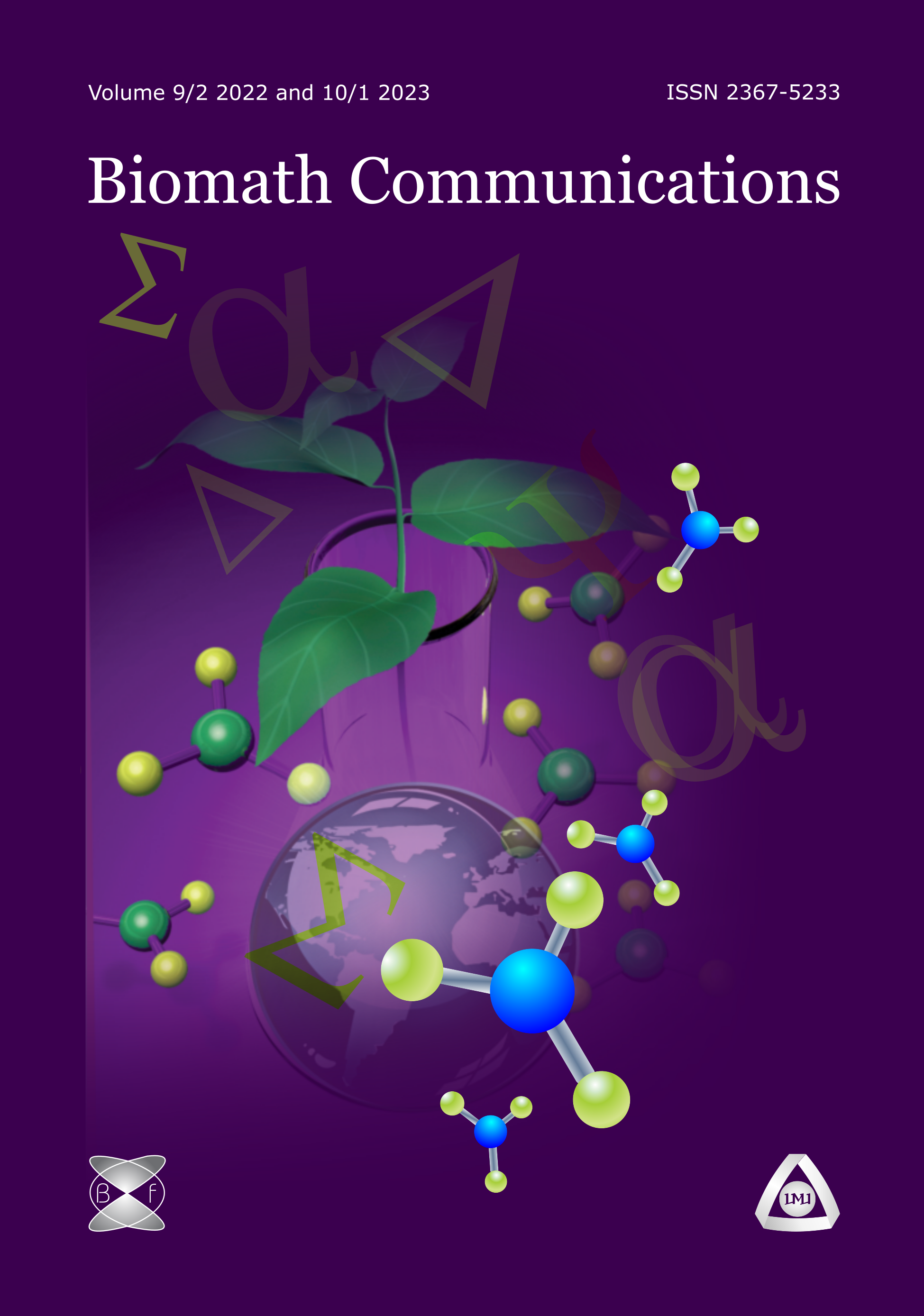Nonstandard Finite-Difference Methods for Dynamical Systems in Biology
DOI:
https://doi.org/10.11145/537Abstract
A brief overview of the nonstandard finite-difference methods is presented. Next, using the nonstandard discretization approach, a positive and elementary stable numerical method is developed for productive-destructive systems. Finally, a nonstandard finite-difference method for general autonomous dynamical systems is constructed. The proposed numerical methods preserve the positivity of solutions and the local behavior of the corresponding dynamical systems near equilibria; and are also computationally efficient and easy to implement. Applications to select problems in biology are given to demonstrate the performance of the new methods.Downloads
Published
Issue
Section
License
The journal Biomath Communications is an open access journal. All published articles are immeditely available online and the respective DOI link activated. All articles can be access for free and no reader registration of any sort is required. No fees are charged to authors for article submission or processing. Online publications are funded through volunteer work, donations and grants.
Authors who publish with this journal agree to the following terms:
- Authors retain copyright and grant the journal right of first publication with the work simultaneously licensed under a Creative Commons Attribution License 4.0 that allows others to share the work with an acknowledgement of the work's authorship and initial publication in this journal.
- Authors are able to enter into separate, additional contractual arrangements for the non-exclusive distribution of the journal's published version of the work (e.g., post it to an institutional repository or publish it in a book), with an acknowledgement of its initial publication in this journal.
- Authors are permitted and encouraged to post their work online (e.g., in institutional repositories or on their website) prior to and during the submission process, as it can lead to productive exchanges, as well as earlier and greater citation of published work (See The Effect of Open Access).

